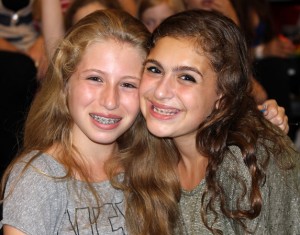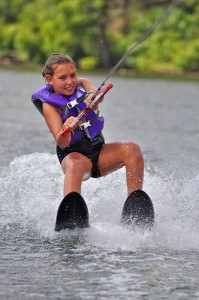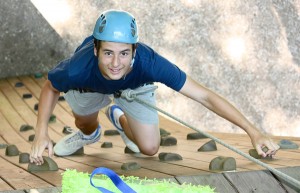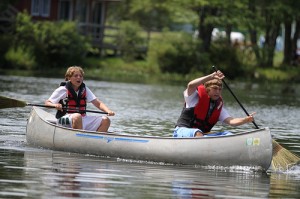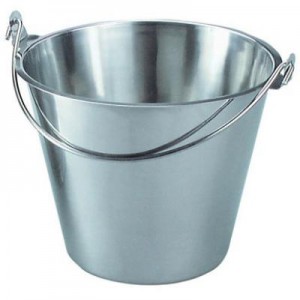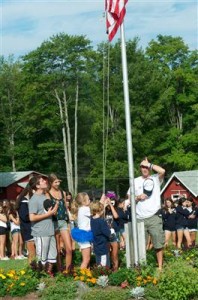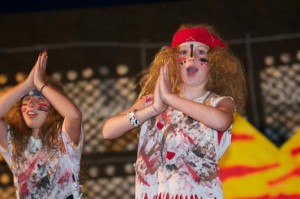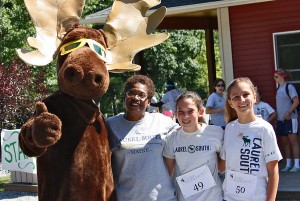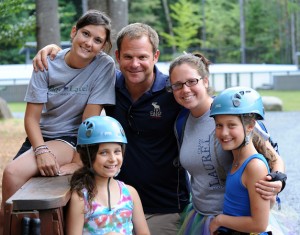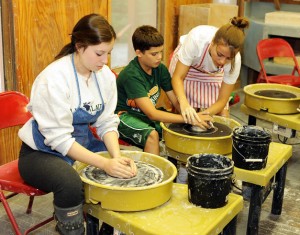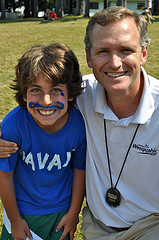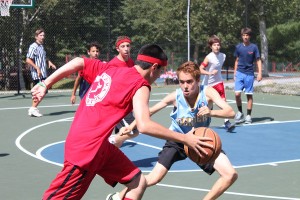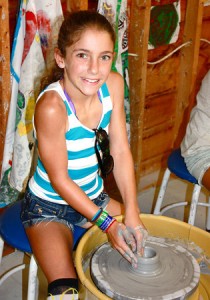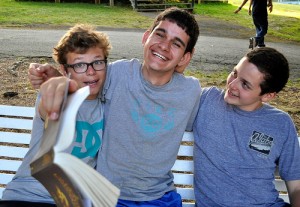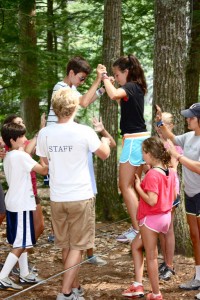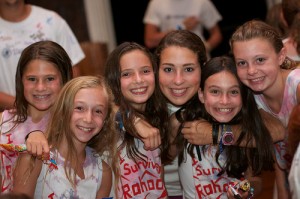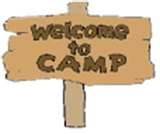For many camps, it’s reunion time, that midway point between summers when campers and staff get together to reminisce and plan. This week’s guest post comes from Camp Weequahic and highlights the reunion experience:
We were thrilled to recently host a Weequahic Northeast Reunion. Seeing our campers and their families during the year is certainly a treat for us. It was also a great reminder of Courage, one the Weequahic Core Values, we teach. Let me explain….
At camp, we define courage not as the absence of fear but rather as acting even though the fear is present. Our campers practice this often by climbing further up the rock wall than they thought they could, learning to waterski for the first time, getting up on stage in the play, or being on a team they’ve never tried before.
 It’s not just on the fields of play where courage is developed but in the bunks as well. Most of our campers arrive without knowing anyone at camp. It takes guts to go into a bunk of all new campers and build friendships. Thankfully, by the end of three or six weeks, these friendships are not only built but cemented into place!
It’s not just on the fields of play where courage is developed but in the bunks as well. Most of our campers arrive without knowing anyone at camp. It takes guts to go into a bunk of all new campers and build friendships. Thankfully, by the end of three or six weeks, these friendships are not only built but cemented into place!
Back to the reunion… many of our campers return the reunion without having seen their camp friends for some time. “Will they remember me? Who will be there that I know?” These are questions we all struggle with at times, especially when we are young.
Thankfully, with camp friends, this brief moment of anxiousness was overcome by an outpouring of courage and mirth – campers jumped and hugged and laughed there way around the bowling alley, even those who started nervous of how the day would go.
Weequahic campers hold the value of courage highly. They understand it is a muscle needed to be used and trained in order to be strong and available when truly needed. Thankfully, we have so many wonderful ways in which to practice at camp. Whether in the bunks, on the fields, in the lake, or Activity Center, Weequahic campers are courageous!

 570-798-9831
570-798-9831
